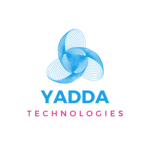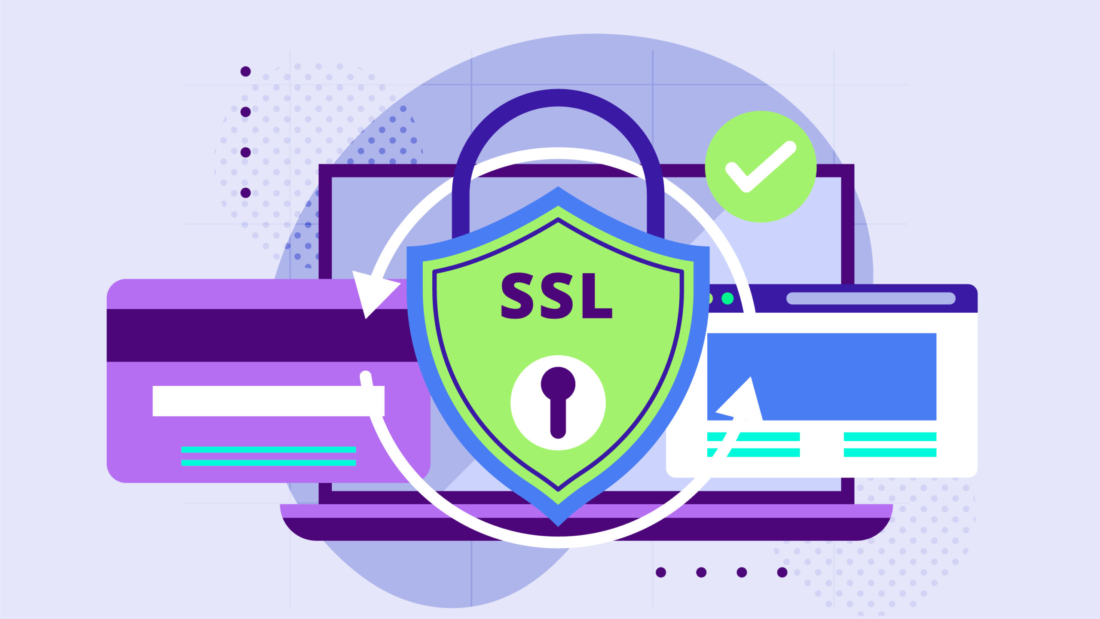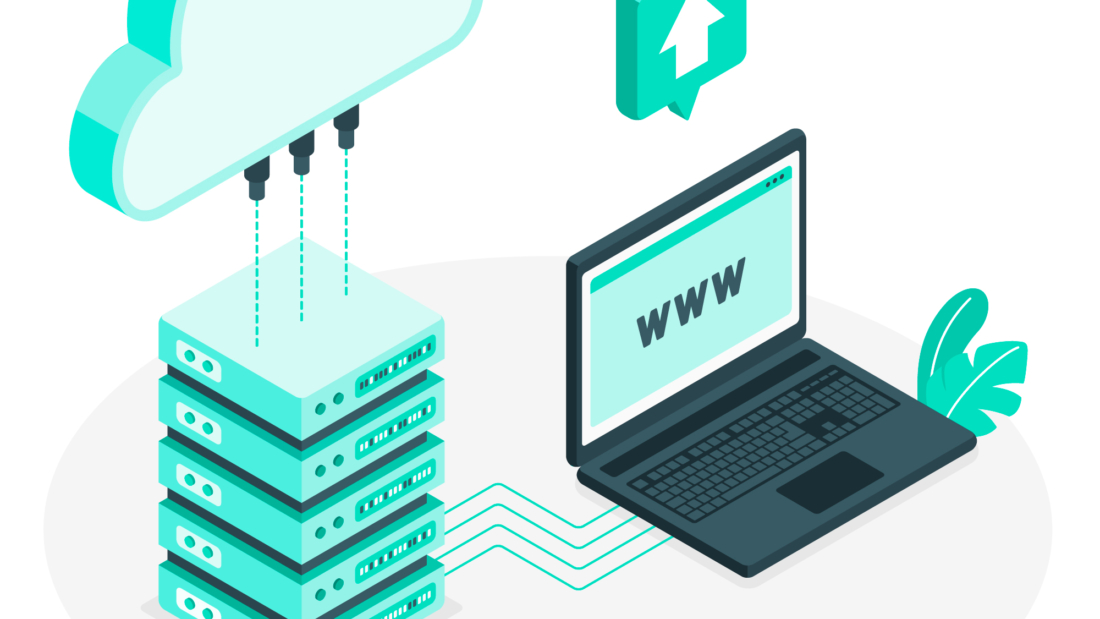INTERNET OF THINGS
The Internet of Things (IoT) is revolutionizing how we interact with technology, bridging the gap between physical objects and digital systems. It refers to the network of interconnected devices that communicate and exchange data in real-time, creating smarter systems and enhancing efficiency across industries.
What is IoT?
IoT encompasses physical devices equipped with sensors, software, and connectivity, enabling them to collect and share data. Examples include smart home devices, wearable fitness trackers, industrial sensors, and even connected vehicles. The ultimate goal of IoT is to make our lives more convenient, efficient, and data-driven.
How IoT Works
- Sensors and Devices: Collect data from the physical environment (e.g., temperature, motion, light).
- Connectivity: Use the internet, Bluetooth, or other communication methods to transfer data.
- Data Processing: Cloud or on-device systems process and analyze the collected data.
- Action: The system responds intelligently, such as sending alerts or automating tasks.
Applications of IoT
1. Smart Homes
- Devices: Smart thermostats, lighting systems, doorbells, and appliances.
- Benefits: Energy efficiency, security, and convenience.
2. Healthcare
- Wearables: Fitness trackers, heart rate monitors, and glucose meters.
- Remote Monitoring: Patients can be monitored in real-time, reducing hospital visits.
3. Industrial IoT (IIoT)
- Automation: Sensors track machinery performance, ensuring optimal operation.
- Predictive Maintenance: Alerts about equipment malfunctions before they occur.
4. Agriculture
- Precision Farming: IoT-enabled sensors monitor soil health, weather conditions, and crop status.
- Smart Irrigation: Automated watering based on soil moisture levels.
5. Transportation and Logistics
- Fleet Management: GPS and IoT sensors track vehicle location and condition.
- Smart Traffic Systems: Reduce congestion and optimize traffic flow.
6. Retail
- Inventory Management: Smart shelves notify when stocks are low.
- Personalized Shopping: IoT enables targeted marketing and tailored experiences.
7. Environmental Monitoring
- Air Quality Sensors: Track pollution levels in real-time.
- Disaster Prediction: IoT devices monitor earthquakes, floods, and weather conditions.
Benefits of IoT
- Increased Efficiency: Automation reduces manual tasks and optimizes processes.
- Cost Savings: Predictive maintenance and energy-efficient systems lower expenses.
- Improved Safety: Real-time monitoring prevents hazards in industries and homes.
- Personalized Experiences: IoT devices adapt to user preferences, enhancing convenience.
- Data-Driven Decisions: Insights from IoT data help businesses make informed decisions.
Challenges of IoT
- Security Concerns: Increased connectivity introduces risks of cyberattacks.
- Data Privacy: Safeguarding user data is crucial.
- Interoperability: Ensuring devices from different manufacturers work seamlessly.
- High Costs: Implementing IoT systems can require substantial investment.
The Future of IoT
As IoT evolves, advancements in 5G, AI, and edge computing will expand its potential. The integration of IoT with smart cities, autonomous vehicles, and advanced healthcare systems will redefine industries and enhance human lives.
At Yadda Technologies, we specialize in IoT solutions tailored to your unique needs. From designing smart systems to ensuring secure connectivity, we help businesses leverage IoT to drive innovation and efficiency. Contact us today to unlock the power of IoT for your organization!










